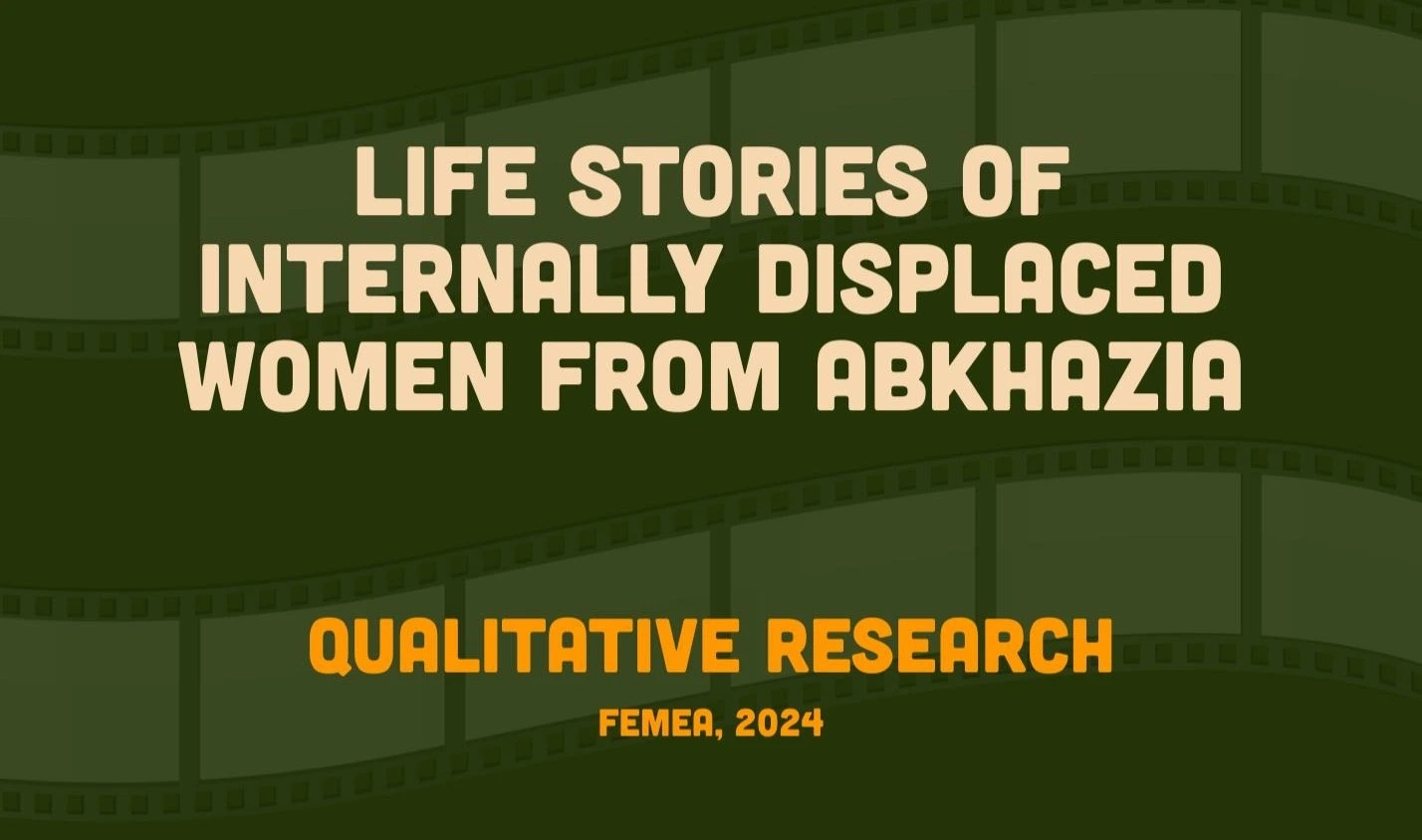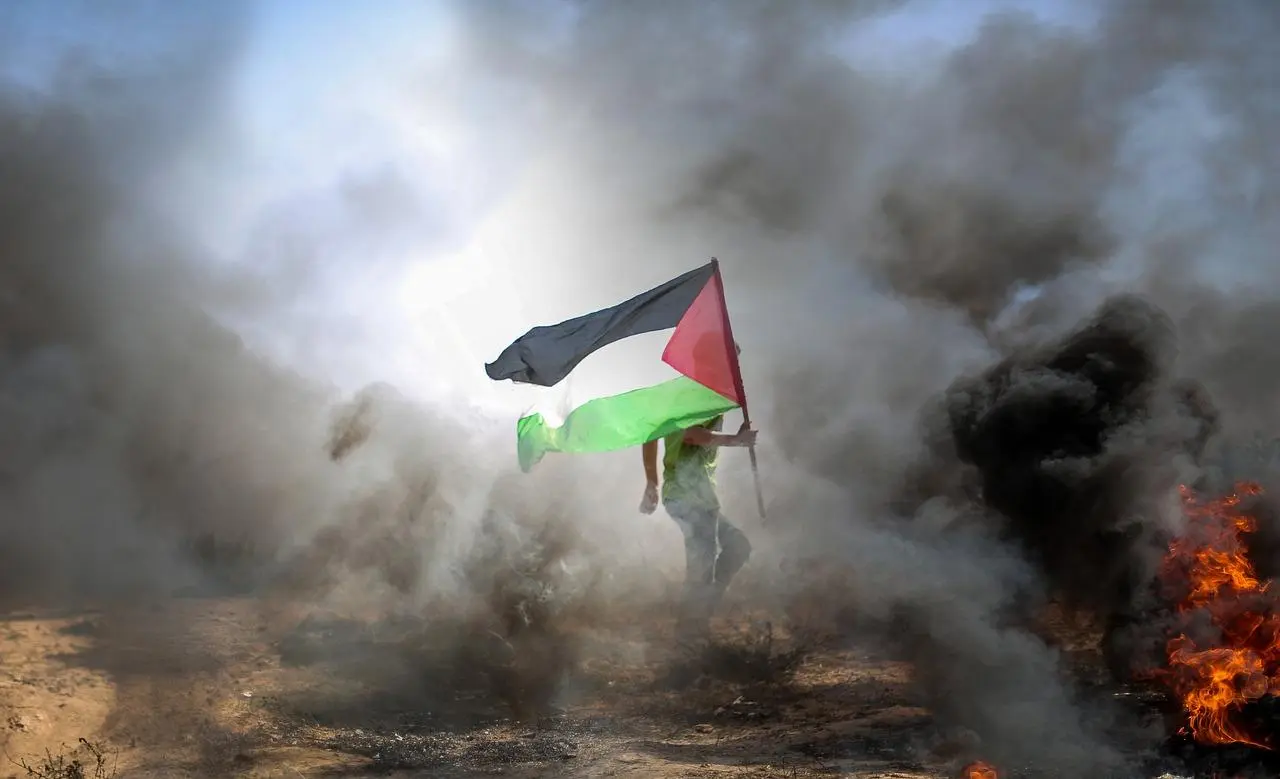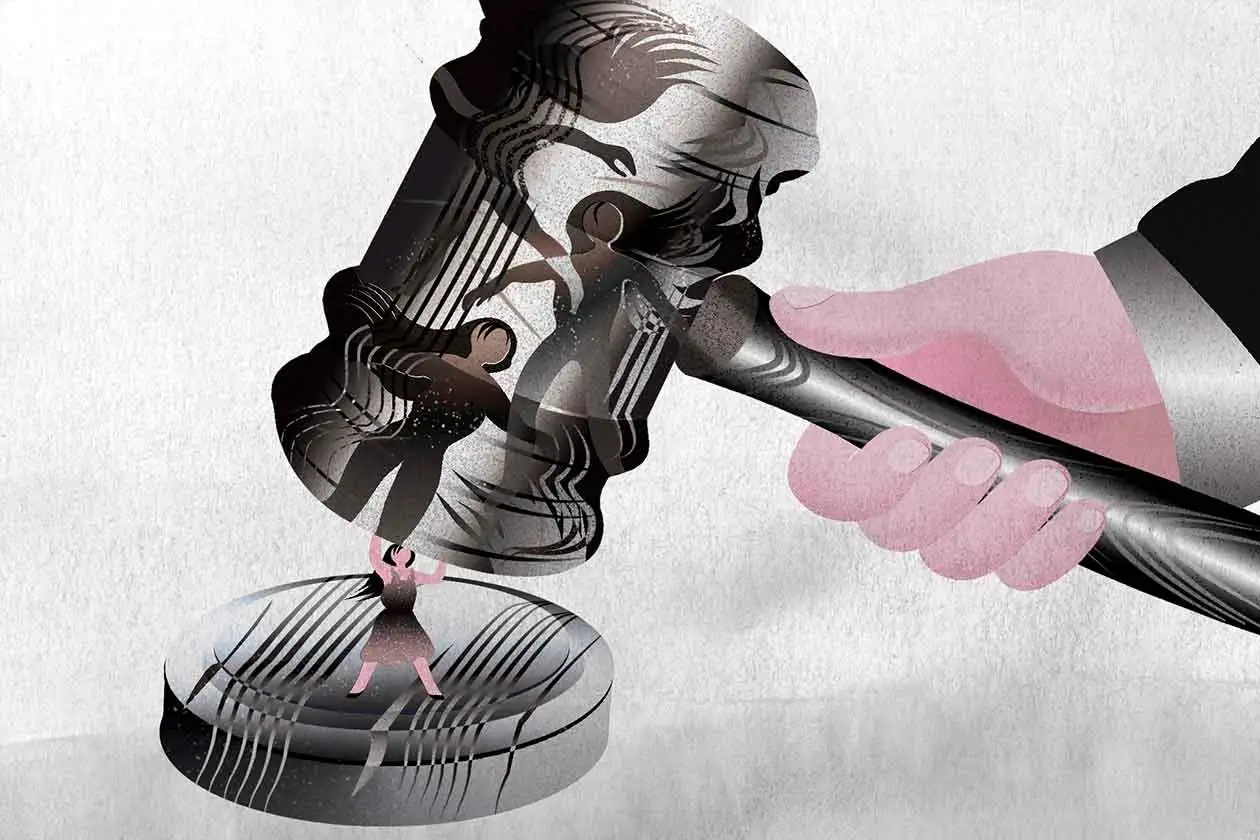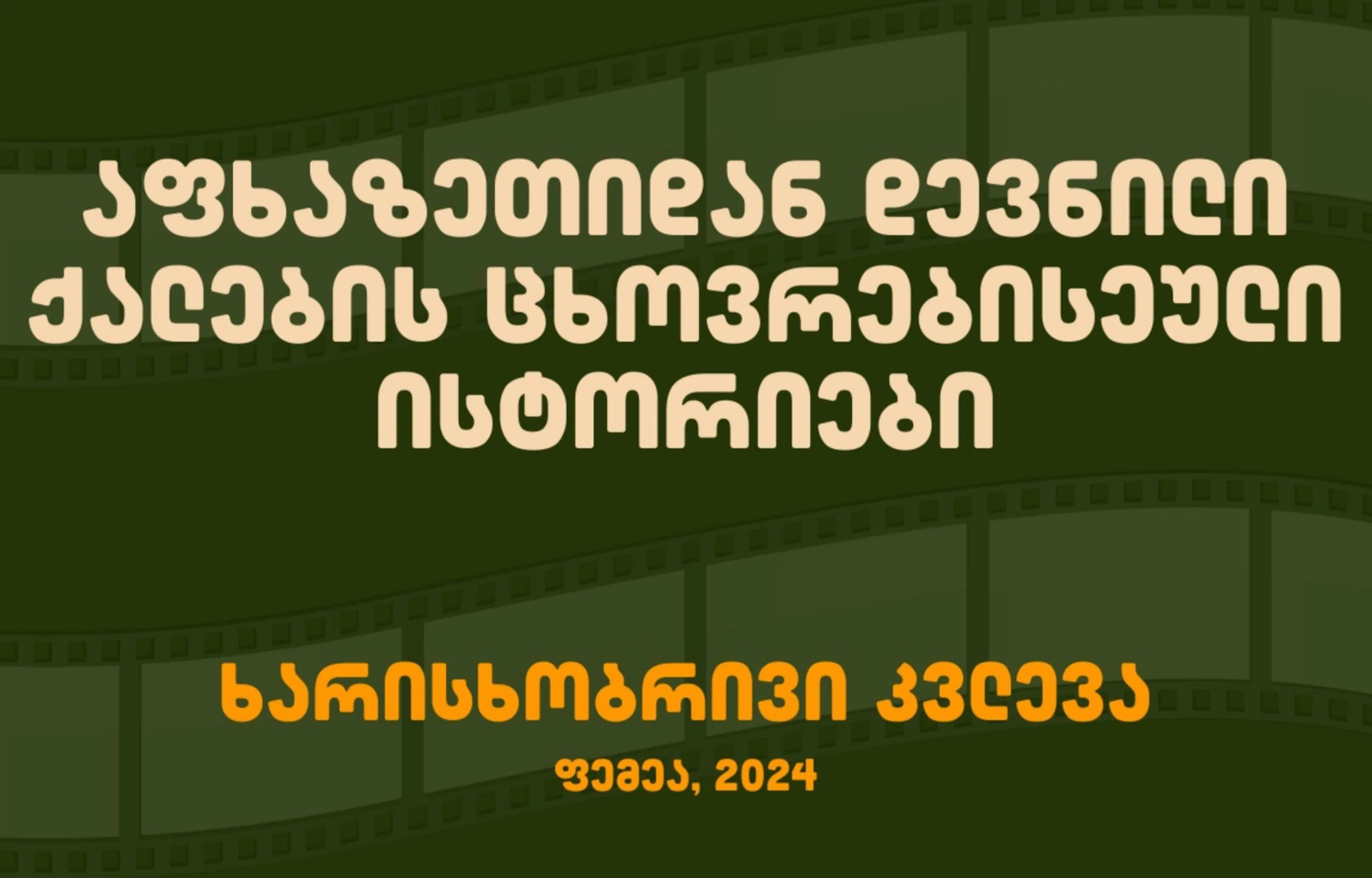Studying Georgia’s recent history, especially the conflicts of the 1990s, poses substantial challenges. Although this period represents one of the key periods in the country's contemporary development, studies about this period are often one-sided and incomplete. The historical narrative predominantly reflects the dominant theories and perspectives of male political or military elites.
It is particularly concerning that women's experiences, one of the most vulnerable groups in the conflict, are largely absent from contemporary Georgian historical discourse. While some studies address the needs of IDPs, particularly women, their lives before and after the conflict, as well as feminist perspectives on these events, remain largely unexplored.
This study seeks to address a significant gap in historical discourse by presenting the war in Abkhazia through the lens of women's experiences. It draws on 15 in-depth interviews with internally displaced women from Abkhazia, capturing diverse geographic backgrounds, age groups, and personal experiences. This approach allows for a nuanced exploration of the conflict's multifaceted impacts and the various strategies women have employed to cope with trauma. Complementing the interviews, desk research summarizes existing knowledge on the topic and establishes a foundation for deeper analysis.
The study was conducted by researchers Lela Javakhishvili and Natia Ubilava in the framework of the project “The Feminist Perspective of Georgia's Recent History: History Seen Through the Eyes of Women Displaced by the War in Abkhazia,” carried out by the NGO Femea with the support of the Women's Fund in Georgia.



